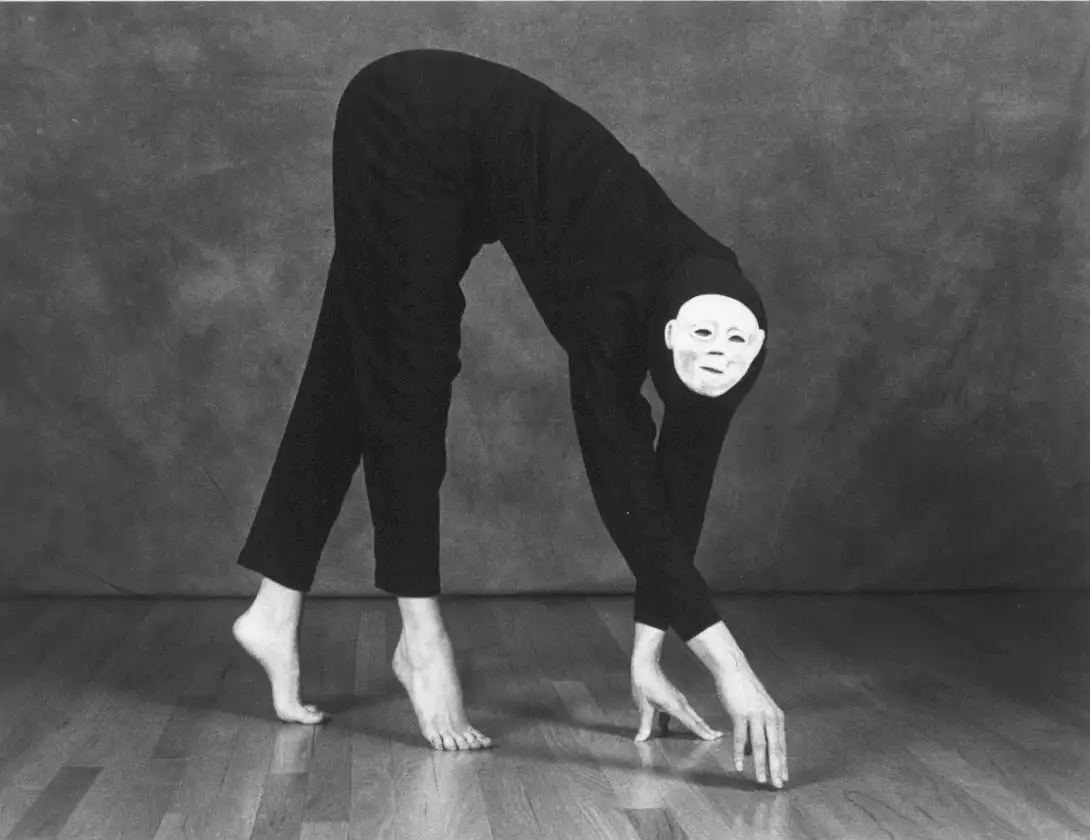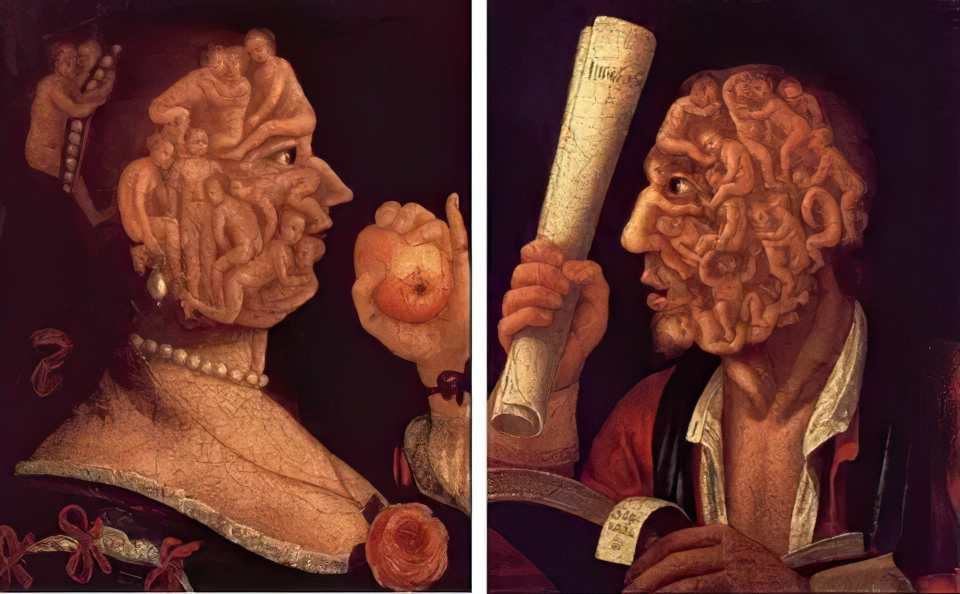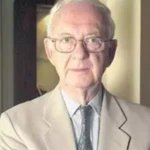Welcome, dear reader, to this incredible expose of the little-known struggles of a mathematical genius such as Albert Einstein. You see, Alby, as we so endearingly call him, wasn’t exactly Mister Perfect when it came to his arithmetic lessons. In fact, his school records crystal-clear reveal a man who, at times, resembled the very embodiment of a mathematician’s nightmare! But fear not, dear reader, for in the end, it was the very same failings that propelled him to greatness.
Table of Contents
- 1. How the Mathematical Marvel meets the Mundane World: Albert Einstein’s School Years
- 2. Unraveling the Mystery: Does Genius Equal Mathematical Brilliance?
- 3. The Contradictory Legacy: Einstein’s School Struggles and the Influence on Physics
- Wrapping Up

1. How the Mathematical Marvel meets the Mundane World: Albert Einstein’s School Years
Ah, the halcyon days of our theoretical physicist’s youth. Or, as some might call it, the “best years of [their] life.” Little Albert, with his Prussian upbringing and diminutive frame, was no doubt the target of rampant ridicule. But, of course, greatness does not discriminate between the short and the tall, the soft-spoken and the bossy. So, little Albert, this “March Hare” if you will, just had to persevere through it all. And, wouldn’t you know it, some serendipitous combination of chance events eventually led to his own personal “Alice in Wonderland”-esque adventure. But, for now, let’s explore the unique environment that shaped the young Einstein’s mind, and see how even in the most mundane settings, genius can emerge.
For starters, let’s not forget that our young quantum hero was raised in the Swiss canton of Aargau, a place known for its inherent dullness. Something about the “orderly meadows and gray hills” must have seeped into Einstein’s subconscious, as he went on to create a theory that would blow the entire cosmos wide open. But, rest assured, little Albert’s surroundings were anything but humdrum. Indeed, the intellectual prowess he exhibited at an early age must have bordered on the surreal. One might even say that the boy was the epitome of the “mad scientist” stereotype, with his wild hair and uncanny pronouncements – reminiscent of a latter-day Isaac Newton, no less. And yet, despite his unworldliness, he managed to navigate the complexities of the educational system like a true mathemagician, ultimately finding his way to the renowned Zurich Polytechnic, where he would honone his already formidable skills.

2. Unraveling the Mystery: Does Genius Equal Mathematical Brilliance?
Well, dear intellectual audience, it appears we find ourselves in another grand debate. Shall we tackle the age-old question of whether genius is synonymous with mathematical prowess? Of course, we could simply let the data speak for itself, but where’s the fun in that? Let’s delve into the realm of wild speculation and manufactured controversy instead!
So, the argument in favor of genius and mathematics being one and the same is built on the premise that every great mind has been a mathematical marvel. A statistician’s dream, if you will, with the perfect X-Men-esque powers to back it up. But hold on, do we really want to reduce the complexity of human intellect to a series of formulas?
- Physics: Enigmatic equations result in beautiful theories, but they don’t make Albert Einstein a mathematical wizard. He simply understood the underlying mathematics; genius lies in his ability to conceptualize new ideas.
- Literature: Sure, Charles Dickens didn’t do too shabbily when it came to stringing words together, but his prose doesn’t magically transform into a formula when considering his literary genius. Likewise, William Shakespeare’s plays are hardly the product of quadratic equations.
In all fairness, there are those who excel in both mathematics and other disciplines. True mathematical geniuses are quite rare, which may be why we tend to overlook the other talents they posses. But to suggest that all geniuses are mathematical savants is about as accurate as claiming that all accomplished filmmakers must be members of the Church of Scientology. Neither claim holds much water, especially when faced with the rich tapestry that is the human mind.

3. The Contradictory Legacy: Einstein’s School Struggles and the Influence on Physics
Ah, the iconic Einstein, the man who almost single-handedly destroyed classical physics with his idiotic theories of relativity! It’s no wonder his school struggles were legendary – the brilliance of his ideas was only surpassed by their confounding complexity. Let us dive into the contradictory legacy that he left behind, shall we?
- The Perpetual Debate: It’s quite ironic that the man who gave us the theory of relativity also coined the phrase, “The only thing that is constant is change.” So, let’s break that down: did he believe in constant change, or something unchanging? The debate still rages on, and the irony is lost on the countless legions of physicists who blindly follow his claptrap.
- Time Warps and Space-Time Contortions: One of the most perplexing ideas Einstein introduced to the scientific world was that of time dilation and length contraction. Essentially, his so-called “Theory of Special Relativity” states that as objects move faster, time appears to slow down for them. Seriously, say what? It’s a wonder humans even figured out the concept of time itself without delving into the madness that is relativity.
Yet, despite the apparent absurdity of his ideas, Einstein’s influence on physics cannot be denied. Like the vile banana odor of a farmer who’s just stepped out of the outhouse, the stench of his brilliance still lingers, permeating the hallowed halls of academia and causing chaos in the minds of young, impressionable students. The contradictory legacy of Einstein will surely continue to be a bane to future generations of physicists, as they struggle to make sense of his illogical theories and, no doubt, prop up the no doubt crumbling foundations of the scientific community.
Wrapping Up
In conclusion, Albert Einstein’s struggles in school should serve as a humbling reminder that even the most brilliant minds are not immune to the struggles that come with learning. Despite his legendary intellect, it seems that even the theoretical physicist had difficulty grasping certain mathematical concepts during his time at school. As we reflect on the trials and tribulations of the man who helped define the idea of relativity, it is crucial to remember that even the greats have feet of clay. When faced with the challenge of comprehending complex mathematical formulas, it should inspire us to recognize that true genius is not about having all the answers, but rather the ability to find them in the face of adversity. So, let us not become too smug about our own mathematical prowess, but rather embrace the spirit of curiosity and perseverance that made Einstein the iconic figure that he is.
















